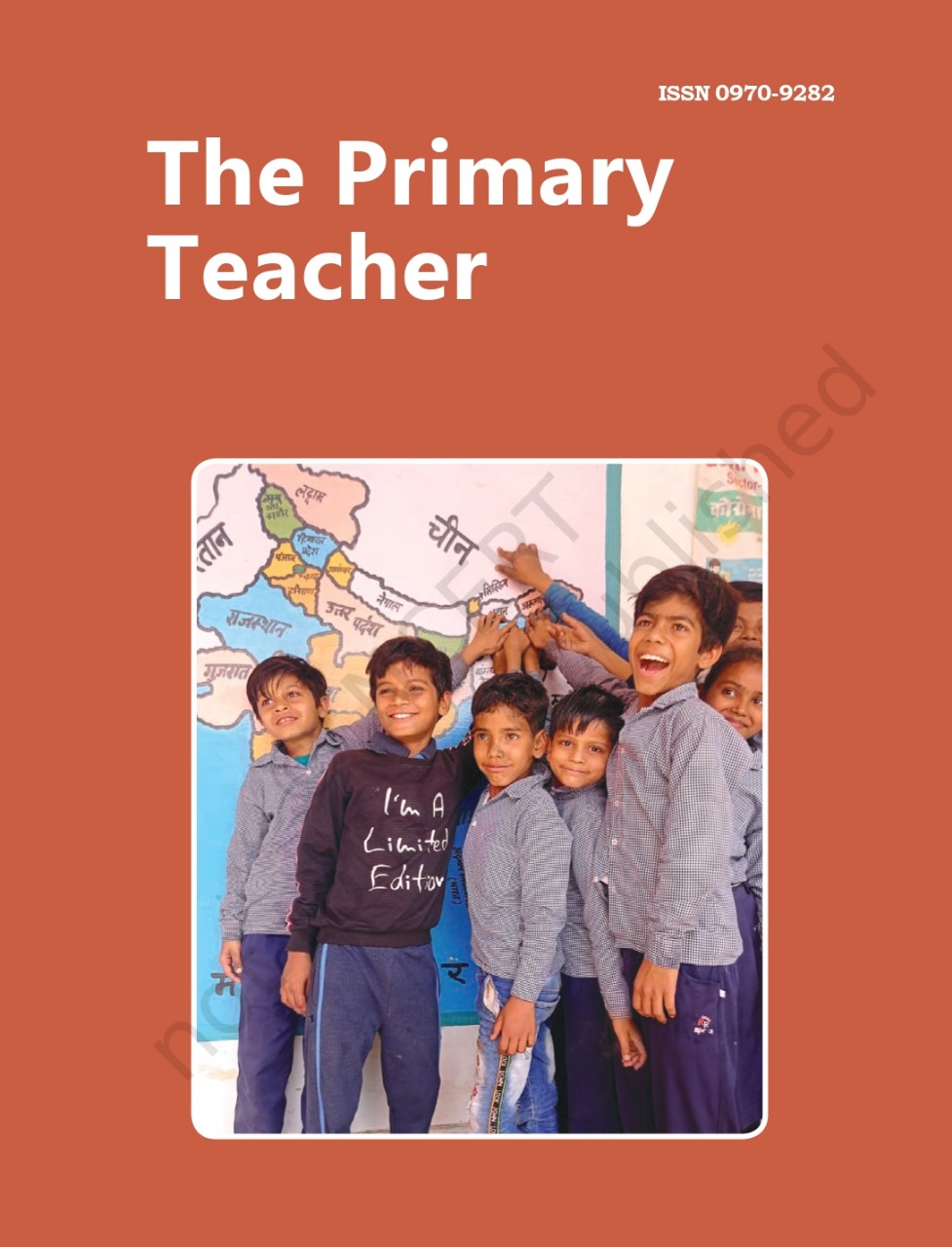
Published 2024-11-26
Keywords
- school-community,
- Mid-day meal Scheme,
- Operation Blackboard Scheme
How to Cite
Abstract
Abstract India is a democratic, socialistic republic country and committed to provide quality elementary education to all children including deprived children in the age group of 6 to 14 in the society. The slum children come from most deprived and down trodden sections of the population in urban areas. As such the country has a special responsibility for their education and welfare. In order to provide quality elementary education to slum children, adequate school resources, effective teachers, conducive physical-natural environment and quality in classroom instruction should be ensured in elementary schools in urban slum areas. Also, learning outcomes of students should be satisfactory. This research paper examines and analyses the effect of school and home factors on the learning outcomes in elementary schools in urban slums of Varanasi city. The paper also assesses the learning outcomes of students of these elementary schools. Descriptive survey method was used in the study. The study was conducted in randomly selected sample of 62 elementary schools (29 government and 33 private) in urban slums of Varanasi city. The subjects of the study were 62 headmasters/principals (29 government school headmasters and 33 private school principals), 62 teachers teaching in Class V students, and 620 students of Class V of these sampled elementary schools. Furthermore, the instruction methods adopted by teachers were observed in 62 classes of Class V. For collecting information in accordance with the objectives of the study, four tools — School Questionnaire, Teacher Questionnaire, Home Environment Questionnaire and Classroom Observation Form — were developed by the investigator. For assessing learning outcomes in elementary schools, Competency-based Mathematics and Language (Hindi) tests developed by the Department of Educational Measurement and Evaluation, NCERT (2006), were also used in the study. Data were analysed using multiple linear regression analysis, percentage, grouped-bar-diagram and Mann-Whitney ‘U’ test. The results of the study revealed discernible effect of five school and home factors (i.e., basic facility available in school, instructional method adopted by teacher in curriculum transaction, teacher’s behaviour in classroom in order to accelerate learning among students, physical-natural environment of classroom and parents’ socio-economic status) and five other school and home factors (i.e., school-community co-operation, co-curricular activity organized in school, teachers’ interest and satisfaction, evaluation procedure and teaching-learning environment at home) did not significantly affect the learning outcomes at elementary stage of education in urban slums of Varanasi city. Furthermore, three school factors — teaching-learning materials available in school, maintenance of school records and supervision and teacher’s qualifications — were found obstructing insignificantly the learning outcomes at elementary stage of education in urban slums of Varanasi city. The learning outcomes of elementary schools in slum areas were found not satisfactory. Learning outcomes in government elementary schools in slum areas were found significantly less than learning outcomes of private elementary schools. Also, learning outcomes of elementary schools in slum areas were found significantly less than learning outcomes of elementary schools at national level.
